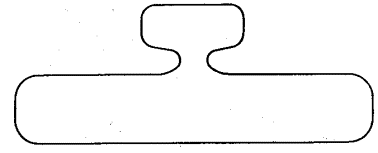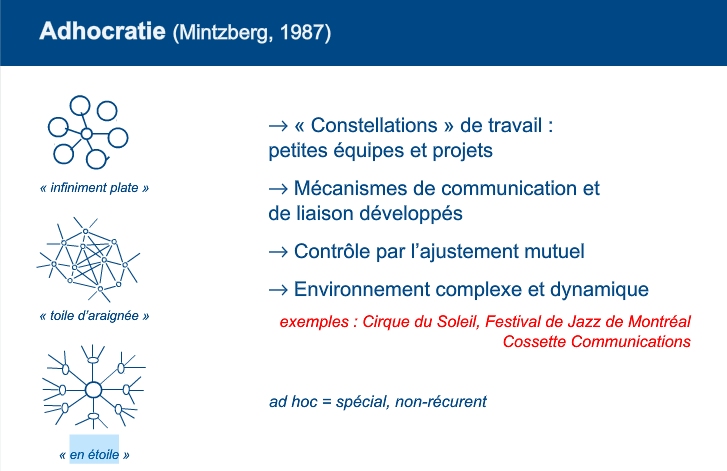I will take advantage of some real examples that I have been confronted with recently to discuss my opinion on the disproportionate allocation of resources to quality control and respect for “norms” (which sometimes only have norms in name), and which often results in the dispersal of human efforts and the defocusing of the main objective of an entity, whether it is a company, an association, etc.
On the importance of quality control
Far be it from me to question the value of compliance checks and other legal controls. It goes without saying that they must be done, and done well, especially for large structures where visibility becomes impossible if we do not put in place clear, formalized and structured control processes.
But what small structures whose objective is their development or even their survival and which, rather than concentrating their efforts on this objective, spend their time controlling themselves and imposing rules on themselves. process Kafkaesque worthy of the biggest international consulting firms? Normally, quality control and business development are not intended to oppose each other, because they complement each other in the pursuit of an entity's objectives. However, some young structures sometimes ignore the vital aspect of their activity, to devote themselves entirely to the administrative and regulatory aspect.
Compliance with standards is a constraint or a means, it is NOT the objective pursued
Given the reality of the density of legislation in many countries, the desire to respect standards to the letter can quickly turn into an obsession and become counterproductive. I was thus able to witness in the case of a small structure subject – it is true – to strict rules by its nature, to months of work allocated to the control of these rules, and to the respect of organizational and managerial methods applied without really knowing why we apply them.
Result of the races, a frightening observation after two years of activity, at the end of which key figures are reported to management who discover with shock and desolation a catastrophic result. But to an outside eye, this observation is not surprising: no activity, no activity...
Do you have a business and want to regain control of your margins and your business model? Discover my solution Ultimate Business Dashboard which transforms your raw accounting data into performance indicators and a monthly dashboard.

Let us simplify this case to the extreme by considering that the objective pursued is the search for profits, or at least the search for signed contracts. By spending time formalizing processes which should be intuitive in small structures (see the simple or adhocracy structure of Henri Mintzberg, characterized by a dynamic, flexible environment and above all mutual adjustments rather than random standards), we end up allocating the majority of our working time to quality control, to respecting standards sometimes self-imposed for unknown reasons, and which make us forget the pursuit of our objective: sign contracts ! This should be the main objective for which a major part of the efforts must be mobilized, because without contracts, no activity.
Unfortunately, we can sometimes get drawn into a never-ending spiral of imposed standards, and which makes us lose the objective that we had set ourselves at the start: respect for standards gradually replaces the commercial, associative or other objective, until it disappears from our minds. The goal is then treated by our mind as an obvious ending, who go necessarily occur ultimately, and no longer as a goal to achieve, and on which our survival depends!
Knowing how to refocus
The manager, director or entrepreneur should therefore be able to refocus his mind on his core business, and no longer be obsessed with administrative tasks and sequential controls. He should cultivate his vision, THE long term goals, and above all contribute to the achievement of the object of your project, by allocating the necessary means to this object: develop partnerships, free up time to observe what the competition is doing, contact key people or organizations who can help them to develop, and above all prospect (by traditional means but above all, especially by networking!).

In the example I mentioned, the structure spent more time doing things " in the rules of art " rather than shake up the market, contact people who could help them, send prospects galore... Perhaps they were hoping that contracts would fall into their hands? Nay, to win contracts when you're starting out, you have to offer a alternative offer and put it on the table of potential customers, rather than spending your time checking if you are following all the rules to the letter, without understanding the spirit of the rule to better exploit it.
It is only once the boat is sailing offshore, and the order book is filled, that we can begin to prioritize standards and control, which constitute legal or statutory constraints or a means of improve the process.





